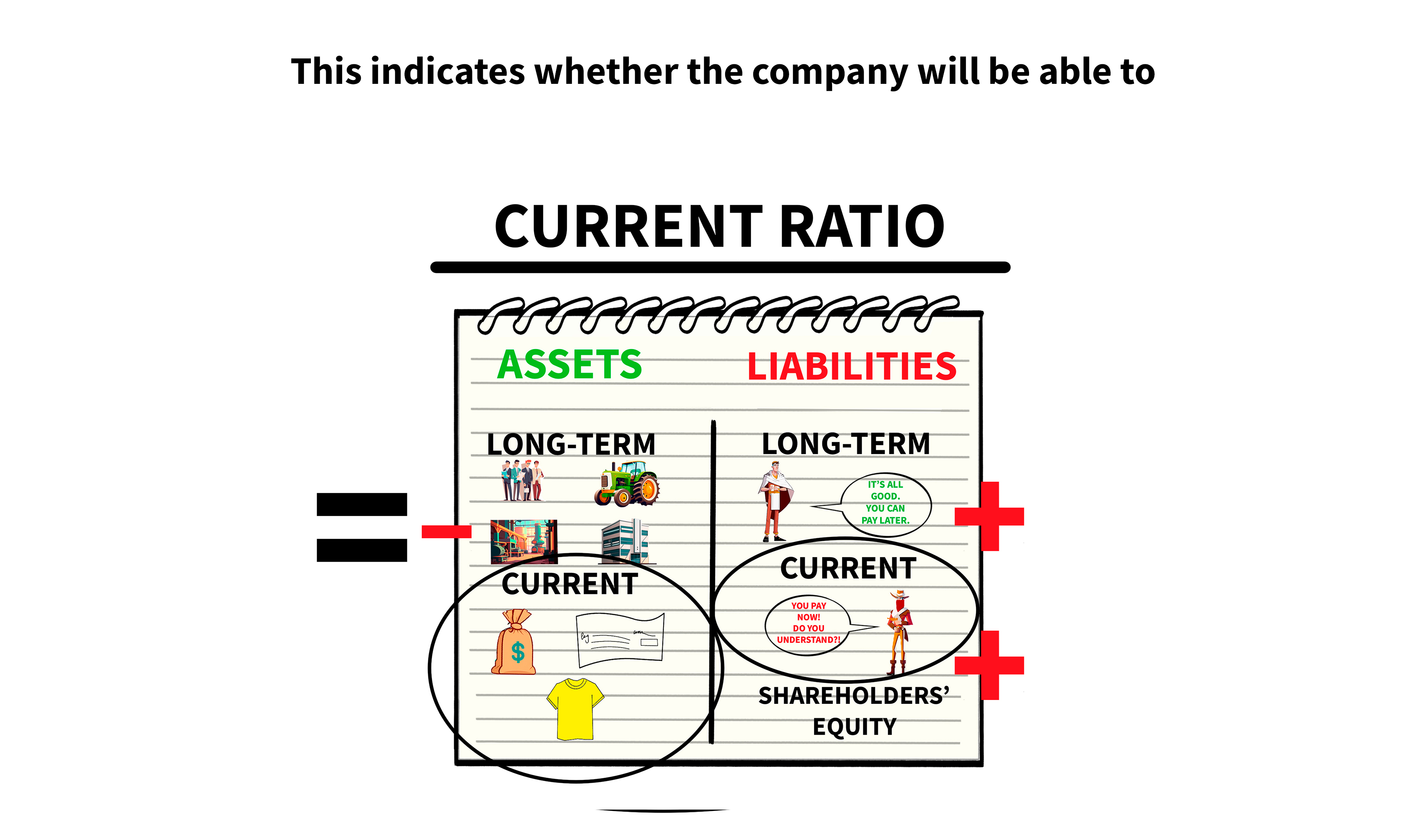
Here are five reasons why a fiduciary standard is so important:
The importance of a fiduciary standard for investment advisors cannot be overstated. A fiduciary standard is a legal and ethical requirement that investment advisors act in the best interests of their clients at all times. This standard helps to ensure that clients receive appropriate advice and recommendations, that conflicts of interest are minimized, and that advisors are held accountable for their actions.
1. It prioritizes clients' interests above advisors' financial gain
A fiduciary standard requires advisors to put their client's interests first, even if it means advising against investments that would be more profitable for the advisor. This helps to build trust between advisors and clients and ensures that clients receive advice that is tailored to their unique financial goals and circumstances.
For example, in 2021, the GameStop short squeeze scandal illustrated the importance of a fiduciary standard. Some investment advisors were accused of prioritizing their own financial gain by advising their clients to sell GameStop stock, even though they believed the stock was undervalued. A fiduciary standard would have required these advisors to prioritize their client's interests and to recommend holding onto the stock.
2. It minimizes conflicts of interest
When advisors receive commissions or other forms of compensation for selling specific investment products, there is a risk that they may prioritize their own financial gain over their clients' interests. A fiduciary standard helps to minimize this risk by requiring advisors to disclose any potential conflicts of interest and to prioritize their client's interests.
For example, in recent years, there have been numerous cases of investment advisors receiving undisclosed compensation for recommending certain investments. A fiduciary standard would have required these advisors to disclose these conflicts of interest and to prioritize their client's interests.
3. It promotes transparency and accountability
A fiduciary standard requires advisors to provide clear and concise explanations of their investment recommendations and to disclose any fees or commissions they receive. This helps clients to make informed decisions about their investments and enables them to hold their advisors accountable for their actions.
For example, in 2020, the Securities and Exchange Commission (SEC) announced new rules requiring investment advisors to provide clients with additional information about their services and fees. These rules were designed to promote transparency and accountability in the investment industry.
4. It helps to prevent financial fraud and misconduct
The financial industry has seen numerous instances of fraud and misconduct by investment advisors in recent years. A fiduciary standard provides a framework for preventing such behavior by requiring advisors to act in the best interests of their clients and by holding them accountable for their actions.
For example, in 2018, Wells Fargo was fined $1 billion for various misconduct, including charging clients for unnecessary services and recommending unsuitable investments. A fiduciary standard would have required Wells Fargo advisors to act in their client's best interests and to avoid these types of unethical practices.
5. It addresses the unique challenges of automated investment platforms
As more investors turn to robo-advisors and other automated investment platforms, it is important to ensure that these platforms prioritize clients' interests and act in a fiduciary capacity. A fiduciary standard helps to address these unique challenges by requiring automated platforms to act in the best interests of their clients and to be transparent about their investment recommendations.
For example, in 2020, the SEC announced new rules requiring robo-advisors to provide clients with additional information about their services and fees. These rules were designed to promote transparency and ensure that robo-advisors act in the best interests of their clients.
In conclusion, a fiduciary standard is critical for ensuring that investment advisors act in the best interests of their clients, minimize conflicts of interest, promote transparency and accountability, prevent financial fraud and misconduct, and address the challenges posed by automated investment platforms. By adhering to a fiduciary standard, investment advisors can build trust with their clients and provide them with the guidance they need to achieve their financial goals.



